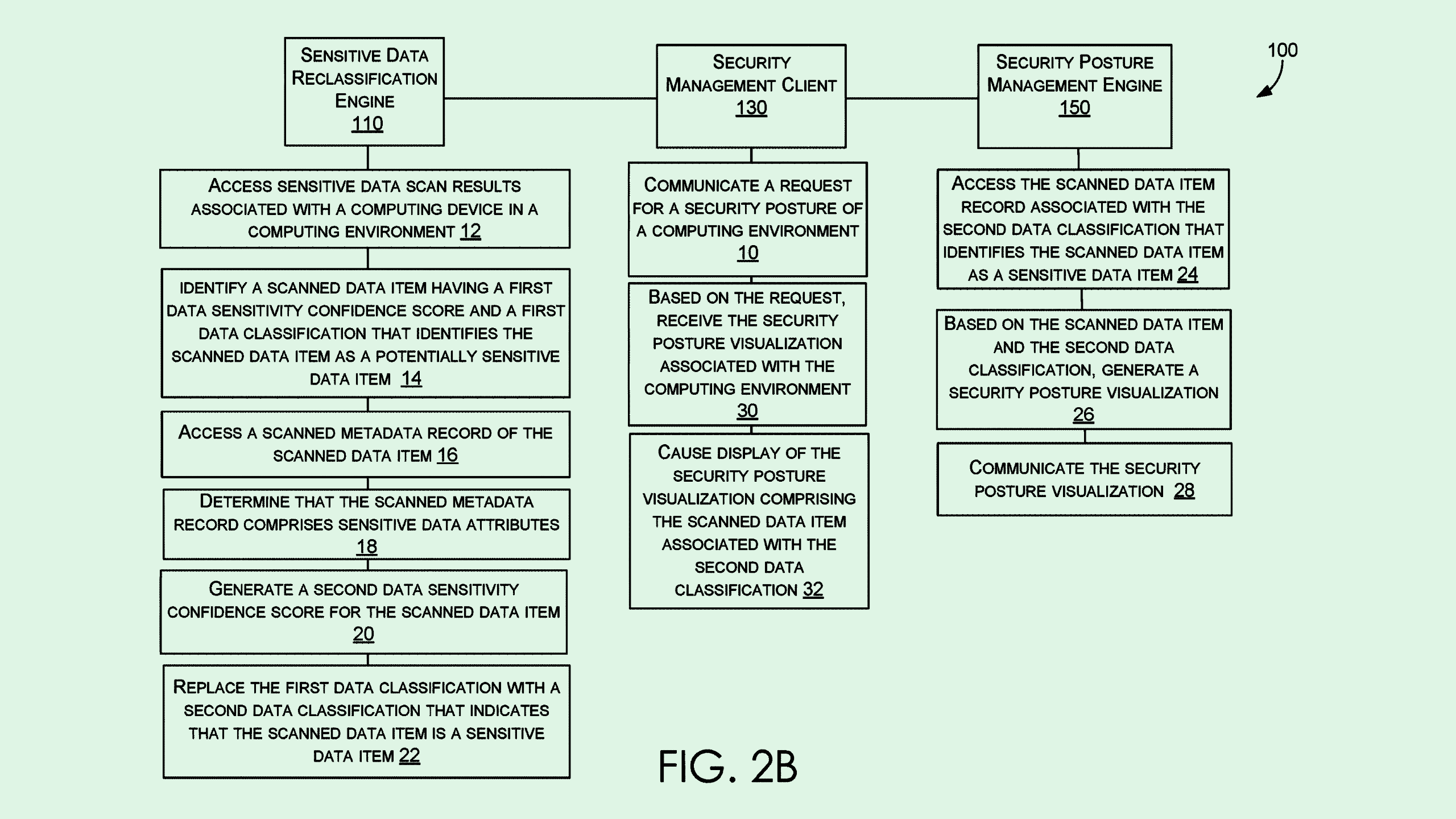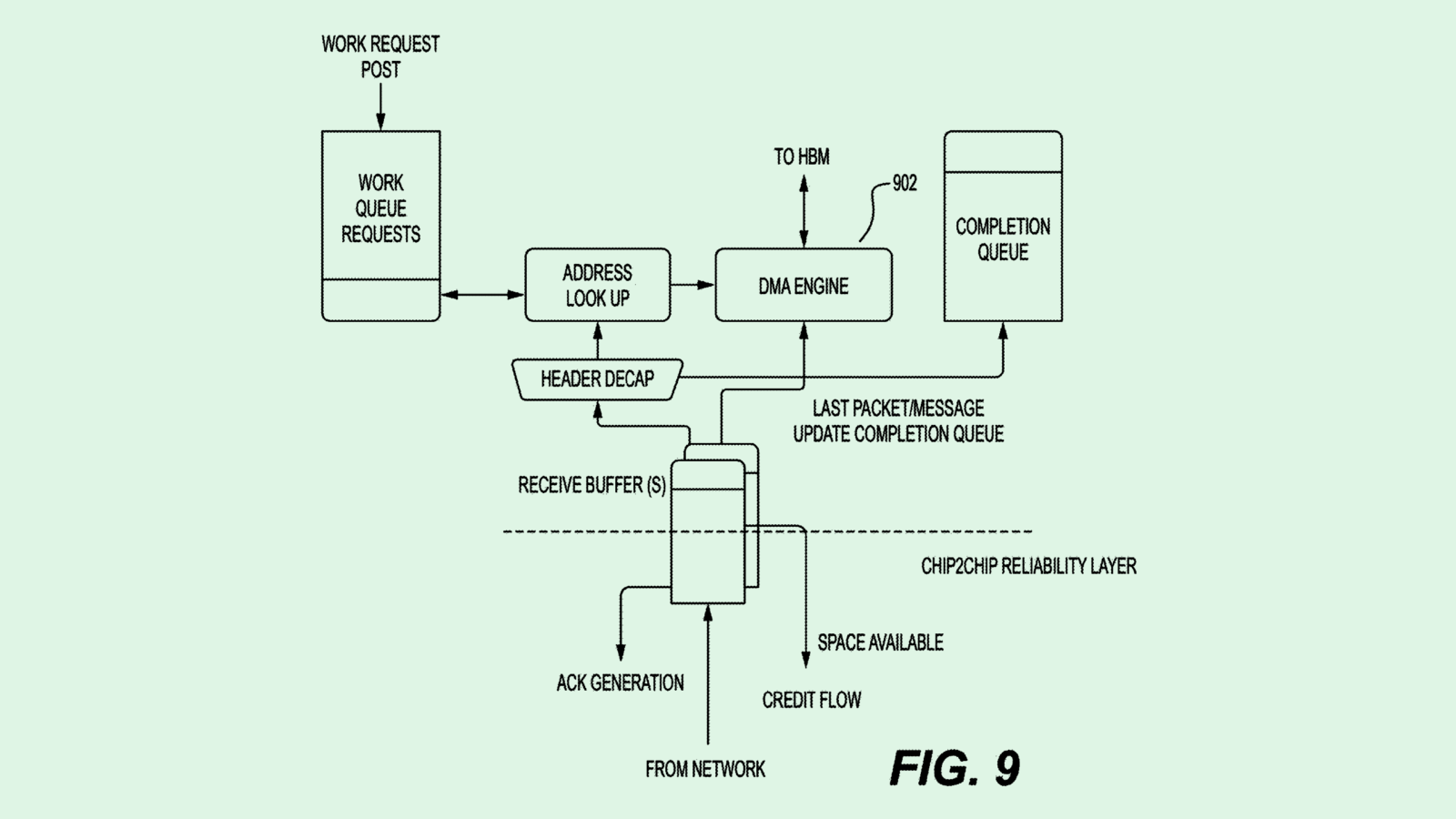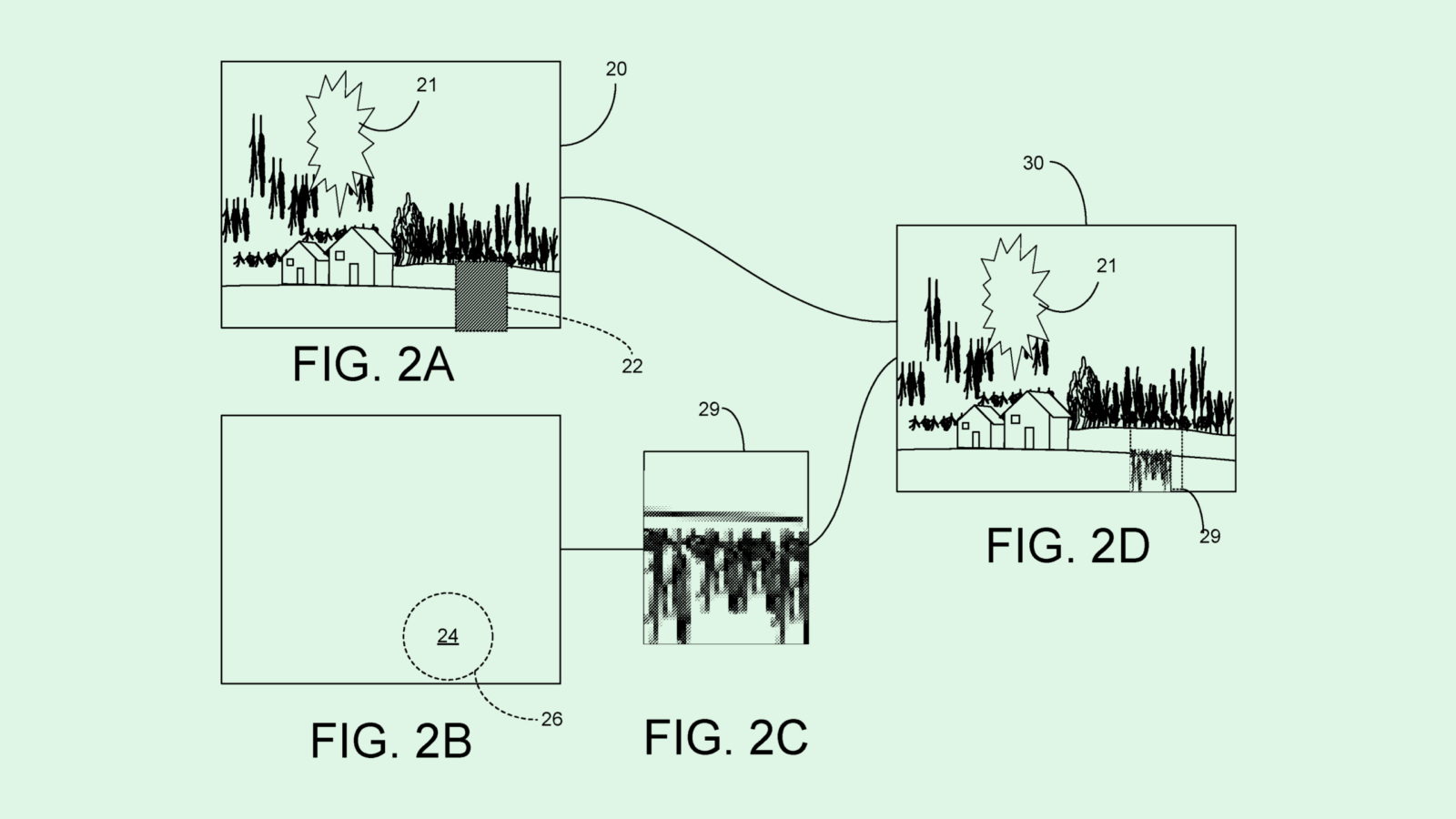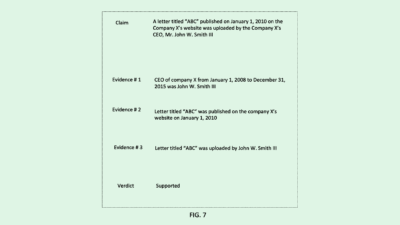Microsoft’s Cybersecurity Strength Could Boost AI Bet
Cybersecurity is a substantial part of Microsoft’s business — and a growing one.

Sign up to uncover the latest in emerging technology.
Microsoft wants to make sure private data stays that way.
The company is seeking to patent a “sensitive data reclassification engine” that works as part of a security management system, dynamically identifying and managing any data that may be deemed sensitive to make sure nothing slips through the cracks.
The tech aims to enhance what’s called “data security posture management,” or security measures that prevent unauthorized access to — and tampering with — sensitive data, often used in a cloud environment. It uses machine learning to give data both an initial check for sensitive information and a final classification after further inspection.
If a piece of data is flagged as being “potentially sensitive,” Microsoft’s tech will examine its metadata to find additional attributes to confirm the finding. For example, this system may look at file creation date, origin, author, file size or keywords related to the data itself.
Using this information, Microsoft’s tech comes up with a final sensitivity classification, and changes access capabilities based on that. The system helps prevent false positives and false negatives in identifying sensitive data that may otherwise lead to security threats.
Without accurate classification of data items, “potential threats can become actual threats which can lead to unauthorized access to data in the computing environment and malicious operations,” Microsoft said.
Cybersecurity is a substantial part of Microsoft’s business — and a growing one. CEO Satya Nadella said in 2023 that the company’s annual security revenue was $20 billion annually, doubling in a two-year period. Evercore ISI estimates that figure could surge to $37.2 billion by 2025, accounting for 14% of its total revenue.
Along with boosting revenue, strong cybersecurity technology can help address one of the booming AI industry’s ongoing challenges. AI models are prone to spilling the beans when prompted in just the right way. Finding ways to properly label and handle sensitive data as this patent application proposes could offer an extra layer of protection.
Plus, AI is an incredible cybersecurity tool in and of itself, said Tejas Dessai, research analyst at Global X ETFs. As explained in the filing, AI is particularly talented at rapid pattern recognition and analysis to pick out anomalies. Dessai noted that vendors like CrowdStrike and Palo Alto Networks have introduced AI agents with similar capabilities.
“Cybersecurity has consistently faced talent crunches while the attack landscape continues to get complex,” said Dessai. “AI agents can play a vital role in sifting through data, helping human agents respond to attacks and secure corporate IT.”











